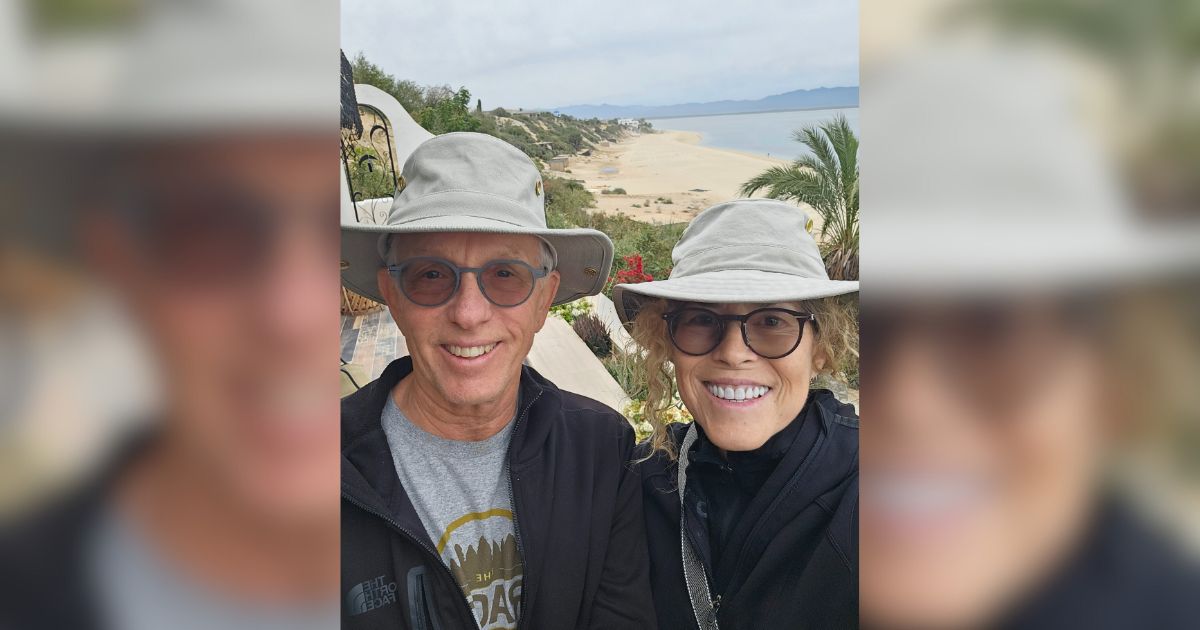Renee Belkin-Lang has fought cancer twice in her life, and continues to take medication to prevent reoccurrence.
She was diagnosed with breast cancer (DCIS) 16 years ago, then two years later she was diagnosed with a Gastrointestinal Stromal Tumor (GIST), which grew in the wall of the digestive tract.
“My episode of DCIS was caught in a very early stage. I chose to have a double mastectomy due to my history of benign breast lumps to prevent further breast cancer,” she said. “Those two years were incredibly difficult and thanks to having several doctors in the family and being lucky enough to survive the surgeries, I made it through.”
The American Cancer Society strives to provide information to people like Renee who have questions about their diagnosis. While she was not aware of this service during her diagnosis, she believes it would have been helpful.
“GIST is a rare cancer and is not properly understood by general oncologists. I had to seek an out-of-state specialist to get the treatment plan I needed that has kept me cancer free for all these years,” Renee explained. “The best support I had outside of my family was women I met who had also had breast cancer, and then other people I met in an online GIST survivor group. Through the online group, I met another GIST survivor who lives near me and we have met up and then kept in touch over the years. Having a rare cancer is a lonely and scary experience.”
Through both diagnoses, it was difficult for Renee to get the right diagnosis with her symptoms dismissed as anxiety instead of GIST. Now, she’s is on a medication to prevent GIST from reoccurring.
“The GIST medication is a lifelong commitment and currently my job is to manage fairly debilitating side effects,” she said. “I choose to stay on the medication, as without it I have an 85% risk of recurrence—and work around side effects. I choose to live everyday as fully as possible. I have to make significant alterations in my hobbies and activities to reduce pain. In spite of this, I keep pushing myself to keep moving and stay positive. I feel very lucky to be alive and I feel like every day is a gift.”
Renee is 66 with three grown children, a wonderful husband of 45 years, and is the new owner of an active border collie puppy. She retired from her work as a clinical social worker in January 2020.





